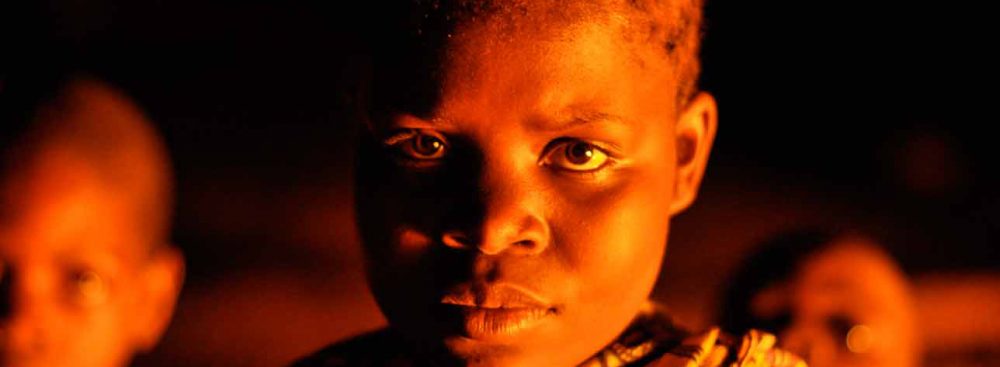Today Oxfam published a new protection report that is based on the perceptions of 1800 individuals in 30 conflict-affected communities in the Kivus. Oxfam has conducted similar surveys since 2007 and people have said pretty much the same thing: insecurity is persistent because the state does not protect the population against armed groups. Although the security situation has improved since the defeat of the M23, rebels groups continue to prey on the population particularly in remote areas. And in some places, insecurity has increased as the splintering of armed groups has led to more acts of banditry. People have also expressed their concerns about military operations against the ADF and the FDLR as similar operations have led to great amounts of suffering in the past.
Giving voice to the members of the affected communities to describe their experiences of abuse and violence is the point forte of this report: “We live like cats and mice here. If you resist the demands of a soldier you will be beaten.” Even for those of us working in the Congo, the quotes are powerful and show a normality of violence not so far from where we quite comfortably live.
Instead of MONUSCO bashing, this report concentrates on the responsibility of the Congolese government for providing protection. Communities clearly identify the lack of payment to FARDC (army) and PNC (police) as the primary reason for both their incapacity to effectively combat rebels, and the violations that they commit themselves in order to survive. The report recognizes the improvements that have been achieved in regards to payment and fighting impunity but states that the momentum gained by the victory over the M23 needs to be capitalized on. For the first time in years national, regional and international commitment have been aligned but “the DRC government must move beyond promises and commitments into actions”.
Communities have expressed the positive impact of MONUSCO activities like patrols, advocacy and organizing meetings, especially “when it (the mission) was able to establish strong contacts directly with the communities” (p.3/p.15). The Community Liaison Assistants (CLAs) are found of particular value as they play an important role in the coordination of protection actors on the local level as well as in organizing civil society. Perceptions also indicate that CLAs will have to continue to engage in outreach activities, that is explaining what the mission is doing. Accordingly, the report recommends strengthening CLAs role and increasing their mobility as well as the number of female CLAs.
